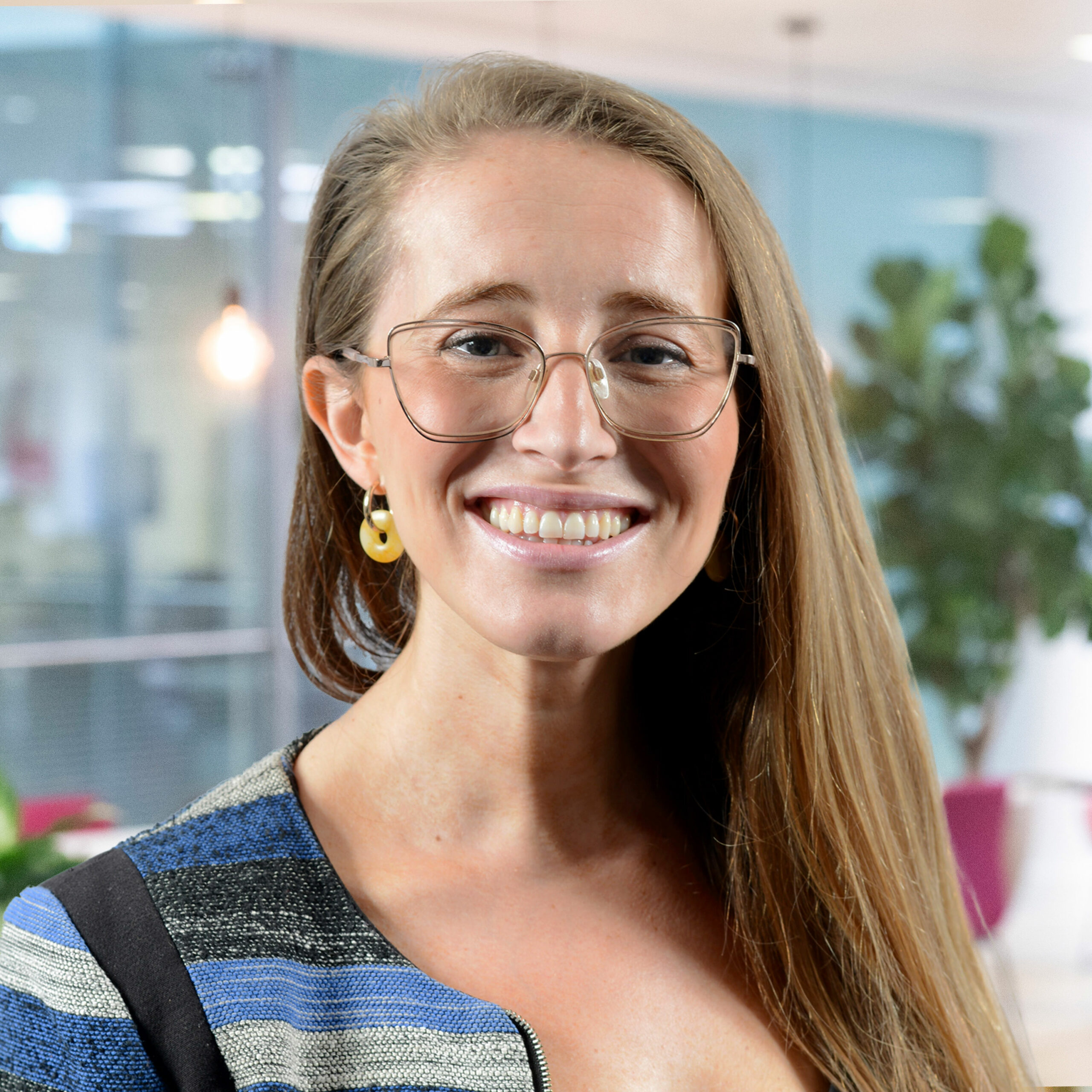It is a sad reality that most of us will have been affected by cancer either directly or indirectly. World Cancer Day was established by the Union for International Cancer Control in 2000.
World Cancer Day on 4 February is an opportunity to focus on early detection and diagnosis of cancer to try to save millions of lives.
Closing the care gap
This year’s World Cancer Day theme is ‘close the care gap’. Certain regions, socioeconomic backgrounds, and marginalized communities face considerable barriers to accessing cancer prevention, diagnosis, and treatment. This campaign is a call to promote health equality, enhance accessibility to cancer services, and reduce disparities in cancer incidence and mortality.
Barriers to cancer care include:
- Lack of access to healthcare facilities;
- Financial constraints;
- Stigma and discrimination;
- Lack of awareness.
Addressing these issues is essential to ensuring that individuals have equal access to the cancer care they need. It is a well-informed investment in health and wellbeing for lots of communities.
Delays in treatment and diagnosis
Early diagnosis of cancer can be a game-changer for many patients.
In 2023, a poll of 60 directors of the UK’s cancer centres by the Royal College of Radiologists (RCR) found that 95% of directors felt staff shortages were leading to longer waiting times and delays in treatment. The RCR described the situation as a ‘ticking time bomb’ with the risk of death increasing by 10% for cancer patients for every month of delay.
These missed opportunities are therefore life-changing for individuals and their families and it is unacceptable that patients are in this situation in modern Britain.
How to get involved with World Cancer Day 2024
Getting involved in World Cancer Day could include:
- Wearing a Unity Band as a visible way to show your solidarity;
- Sharing information on facts about cancer, prevention tips, and stories to challenge misconceptions;
- Participating in events;
- Making a charitable donation to cancer organisations;
- Joining advocacy campaigns that promote policies to improve cancer care.
If you or a loved one need advice on what you think may be negligent cancer treatment, we encourage you to speak with our team as soon as possible. We’ll work with you to understand your circumstances and determine the next steps for us to take together.


